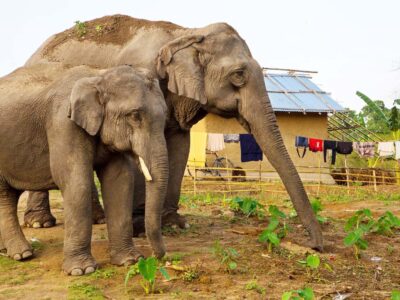The World Health Organisation (WHO) has noted the need for the Zambian government and other countries to stop subsidizing tobacco farming and support more sustainable crops that could feed millions.
The WHO, the Food and Agriculture Organization and the World Food Programme is supporting the Tobacco Free Farms initiative that will provide help to more than 5000 farmers in Kenya and Zambia to grow sustainable food crops instead of tobacco.
The WHO report, “Grow food, not tobacco,” highlights the ills of tobacco growing and the benefits of switching to more sustainable food crops for farmers, communities, economies, the environment, and the world at large.
It also exposes the tobacco industry for trapping farmers in a vicious cycle of debt, propagating tobacco growing by exaggerating its economic benefits and lobbying through farming front groups.
WHO Director-General, Tedros Adhanom Ghebreyesus, said Tobacco farming causes diseases to the farmers themselves and more than 1 million child laborers are estimated to be working on tobacco farms, missing their opportunity for an education.
Ghebreyesus said currently Tobacco is responsible for 8 million deaths a year, yet governments across the world spend millions supporting tobacco farms.
He said by choosing to grow food instead of tobacco, governments will prioritize health, preserve ecosystems, and strengthen food security for all.
“More than 300 million people globally are faced with acute food insecurity with more than 3 million hectares of land across more than 120 countries are being used to grow deadly tobacco, even in countries where people are starving,” he said.

Read More:Tobacco producers cry out, as smuggled cigarettes hit 30 percent of total market
WHO Director of Health Promotion, Ruediger Krech, said Tobacco is not only a massive threat to food insecurity, but health overall, including the health of tobacco farmers.
“Farmers are exposed to chemical pesticides, tobacco smoke and as much nicotine as found in 50 cigarettes – leading to illnesses like chronic lung conditions and nicotine poisoning,” Krech said.
WARNING! All rights reserved. This material, and other digital content on this website, may not be reproduced, published, broadcast, rewritten or redistributed in whole or in part without prior express permission from ZAMBIA MONITOR.












Comments